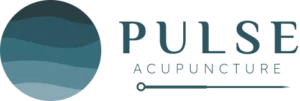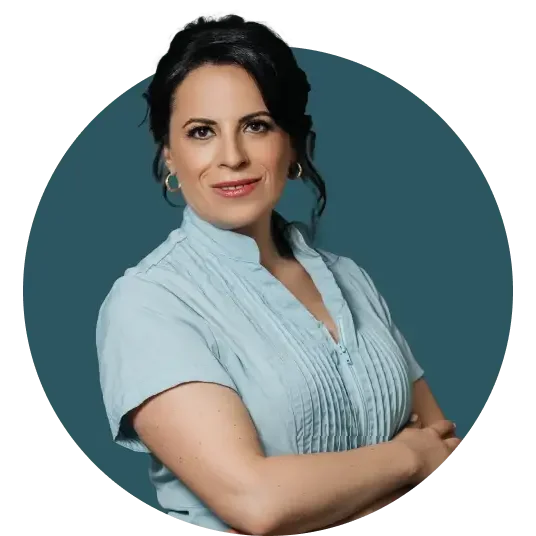Acupuncture for Acne
Acupuncture for Acne
What is Acne?
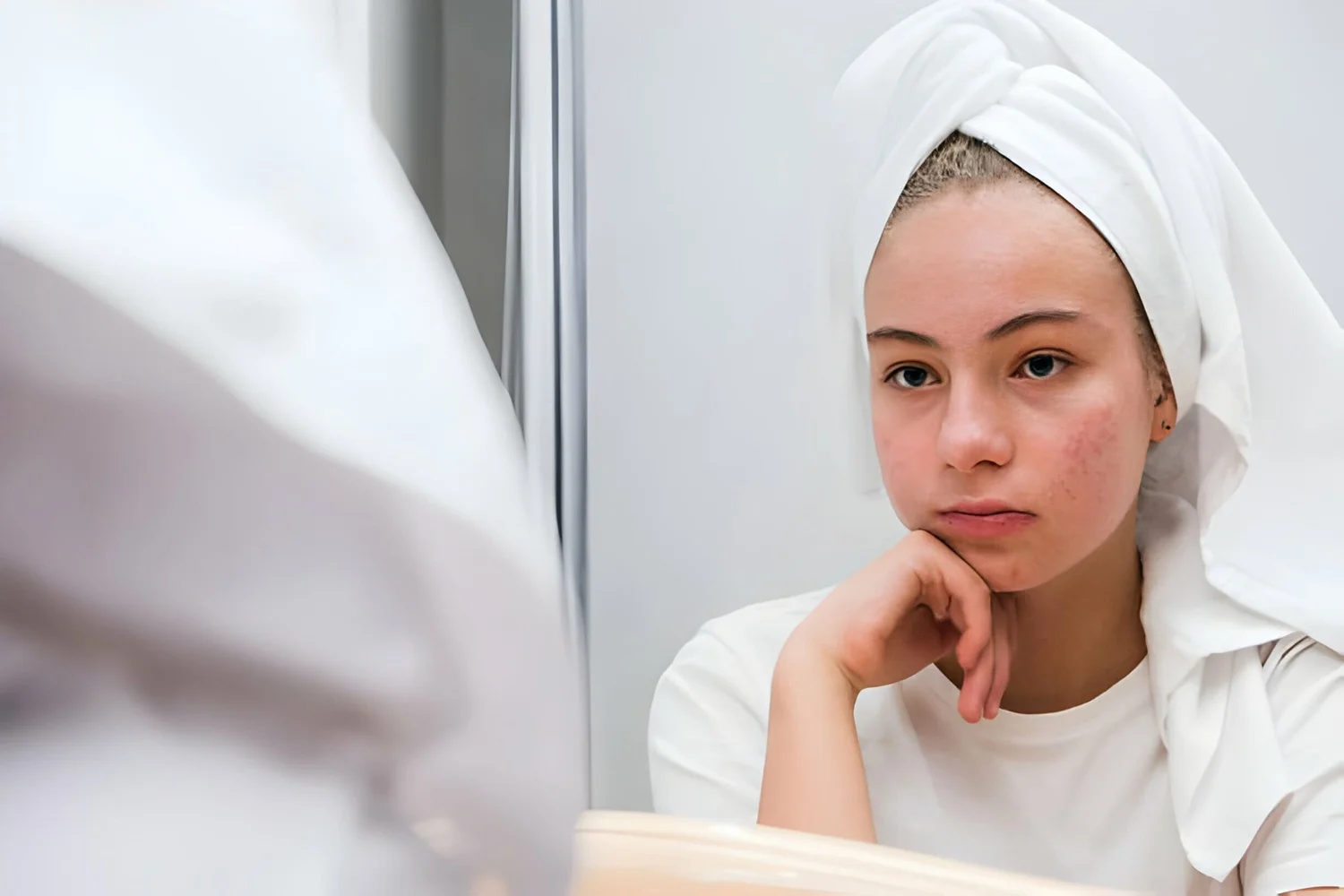
Acne is a common skin condition that happens when hair follicles under the skin get clogged with oil and dead skin cells. It often shows up as pimples, blackheads, or whiteheads on the face, forehead, chest, upper back, and shoulders. Although it’s most common among teenagers going through puberty, acne can affect people of all ages.
The main reason acne appears is because of the overproduction of oil by the skin’s oil glands, combined with the buildup of dead skin cells. Hormonal changes, especially during puberty, can increase oil production, which is why many teenagers struggle with acne. Stress and certain diets can also contribute to outbreaks.
Besides being annoying and sometimes painful, acne can affect a person’s self-esteem because it affects how they look. The good news is there are many treatments available that can help control or reduce acne breakouts – everything from acupuncture for acne to herbs and traditional medications, helping the skin to clear up.
Types of Acne
It’s not just about pimples, acne can be a mix of blackheads, whiteheads, and even deep, painful bumps. Here’s a breakdown:
- Blackheads. These are open bumps on the skin filled with excess oil and dead skin, appearing dark or black on the surface.
- Whiteheads. Similar to blackheads but closed at the top, making them appear white or skin-colored.
- Papules. Small, red, tender bumps can be pretty sensitive.
- Pustules. Like papules but filled with pus. They have a red base with a white or yellow top.
- Nodules. Buried deep in your skin, large, solid, and painful.
- Cysts. The most severe form, cysts are large, pus-filled lesions, and can leave scars. Acupuncture for cystic acne may be particularly beneficial.
Understanding these types can help in finding the right treatment, making it easier to say goodbye to acne for good.
What Are The Symptoms of Acne?
When acne decides to make an appearance, it doesn’t do so quietly. It comes with a bunch of signs that you can’t miss. Here’s the rundown:
- Spots on your face. This is the most obvious. You’ll see blackheads (little black dots), whiteheads (small bumps that stay under the skin), and other types of pimples.
- Redness and soreness. The areas around your pimples might look red and feel tender, especially if it’s the more severe type, like cysts.
- Pimples with pus. Some pimples have a yellowish top because they’re filled with pus.
- Big, painful lumps. These are under the skin. They’re the nodules and cysts, and they can hurt.
- Oily skin. You might notice your skin gets greasy more quickly, especially in the acne zones.
- Scarring. If acne gets really bad or is picked at, it can leave scars or dark spots once it clears up.
Basically, if your skin is showing any of these signs, acne is likely the culprit.
What Causes Acne?
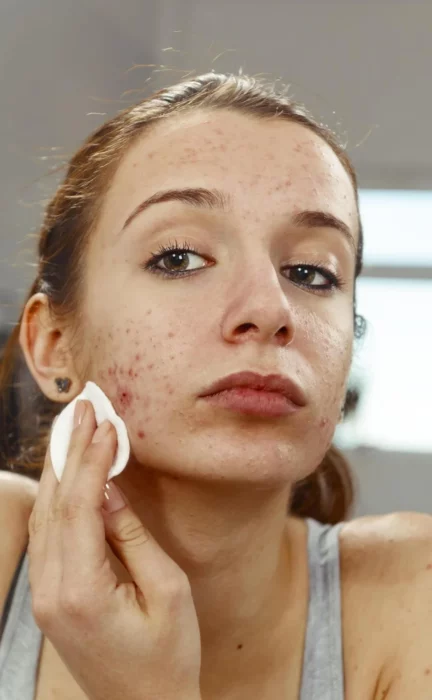
Acne pops up thanks to a mix of factors that throw your skin’s balance off. Some of the most common causes include:
- Oil Overload. Your skin’s oil glands sometimes go into overdrive, creating too much oil and making the skin greasy.
- Dead Skin Cells. These should shed naturally, but sometimes they stick around, clogging up pores.
- Bacteria. A particular type, called P. acnes, loves to grow in these clogged pores, leading to redness and swelling.
- Hormones. Especially during puberty, hormones can spike, making oil glands work overtime, which is why teenagers often get acne.
- Diet and Stress. Foods with high sugar levels and stress don’t directly cause acne but can make it worse by inflaming your skin or increasing oil production.
So, acne is pretty much a result of your skin getting too crowded and inflamed, and managing it means keeping it all under control.
How is Acne Treated?
Treating acne might take a few tries, but once you find what works, it’s going to be easier. Here’s a rundown of common treatments:
- Creams and Gels. These often contain benzoyl peroxide or salicylic acid to help clear up mild acne by killing bacteria and drying up excess oil.
- Prescription Medications. For tougher cases, doctors might prescribe retinoids (vitamin A derivatives) or antibiotics to reduce oil production and fight bacteria.
- Lifestyle Changes. Eating healthy, staying hydrated, and reducing stress can also help manage acne.
- Acupuncture. Yes, acupuncture! It’s not just for back pain or relaxation. Acupuncture can help treat acne by reducing inflammation, balancing hormones, and improving overall skin health. It’s a holistic approach, focusing on treating the root cause of acne, not just the symptoms.
Finding the right treatment might require patience and possibly a combination of methods, but there’s definitely a way to help everyone’s skin feel and look better.
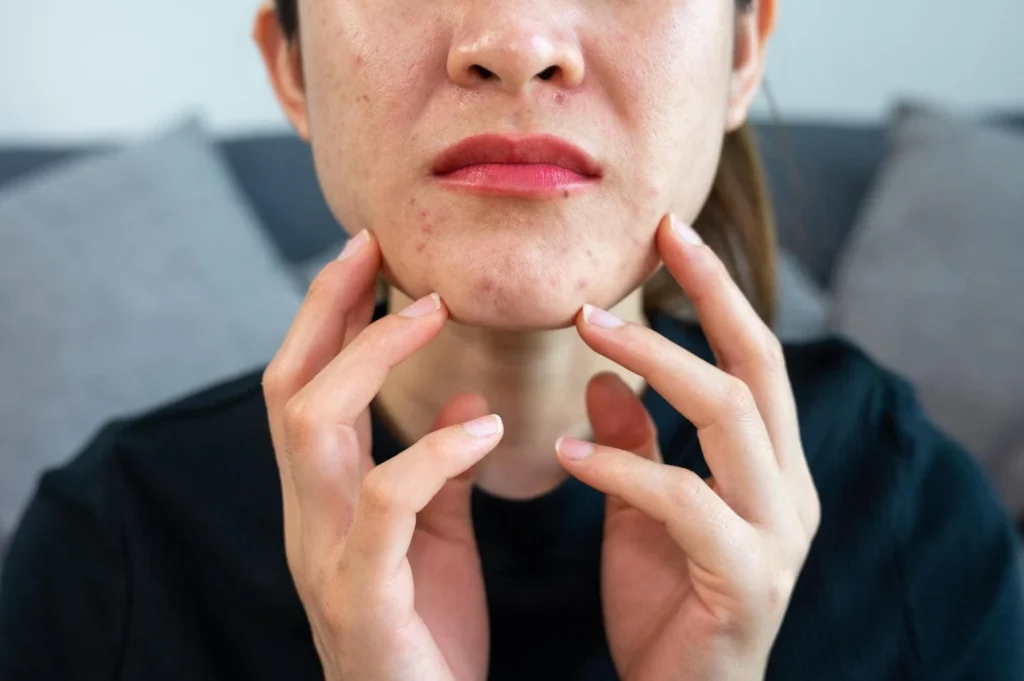
Does Acupuncture Help With Acne?
Acupuncture can be a real ally in the fight against acne. Acupuncture dives into the root of the problem. It’s not just about sticking needles in your skin randomly, it’s a careful technique that targets specific points to balance your body’s energy, or Qi. For acne, it means reducing inflammation, one of the culprits behind red spots.
But there’s more. Acupuncture for hormonal acne is also about getting your hormones under control. Hormonal imbalance can cause your oil glands to go into overdrive, leading to breakouts. By aiming to restore balance in the body, acupuncture can help calm those hormonal spikes that contribute to acne.
Plus, let’s not forget the stress factor. Acupuncture works perfectly when it comes to promoting relaxation, which in turn can help reduce stress-induced acne. In a nutshell, acupuncture offers a triple-threat approach to tackling acne, making it a worthy option for those looking for a more holistic path to clear skin.
Chinese Herbal Therapy For Acne
Chinese medicine for acne takes a unique approach to treat acne, diving deep into the body’s internal balance to root out the issue. It’s like having a custom-made solution rather than a one-size-fits-all treatment. The idea is that acne isn’t just skin deep, it’s a reflection of what’s happening inside your body. So, Chinese herbalists craft a mix of herbs specifically for you, aiming to correct imbalances in your system that might be contributing to your acne.
These herbs work in harmony to do a few key things: reduce inflammation (a major player in acne breakouts), detoxify the body (think of it as an internal cleanse), and balance hormones (because when hormones are out of bay, your skin often shows it).
While it might sound a bit unconventional compared to popping a pill or applying a cream, many find it useful for chronic, stubborn acne that hasn’t responded to other treatments. Plus, it’s all about promoting overall wellness, which is a win-win for your skin and your health.
Cosmetic Acupuncture and Chinese Herbs for Treating Acne at Pulse Acupuncture
At Pulse Acupuncture, right in the heart of Williamsburg, Brooklyn, and Clifton, NJ, Marina Doktorman L. Ac. offers a unique and effective approach to battling acne: cosmetic acupuncture that targets specific acupuncture points for acne paired with Chinese herbs for acne. This dynamic duo treats acne not just on the surface but deep down, addressing root causes like hormonal imbalances, stress, and internal health issues.
Cosmetic acupuncture goes beyond skin deep, promoting natural healing by addressing blood circulation, reducing inflammation, and encouraging collagen production. It’s a gentle, non-invasive method that helps clear your skin while also giving it a youthful glow.
Complementing this, Chinese herbs work from the inside out, targeting the internal imbalances that often manifest as acne. These customized herbal formulas are crafted to your specific needs, cleansing your body.
Together, cosmetic acupuncture and acne and Chinese herbs at Pulse Acupuncture offer a holistic, well balanced treatment plan, allowing you to get a clear, healthy skin with the guidance and expertise of Marina Doktorman L. Ac. Say goodbye to acne and hello to confidence with a natural, effective approach.
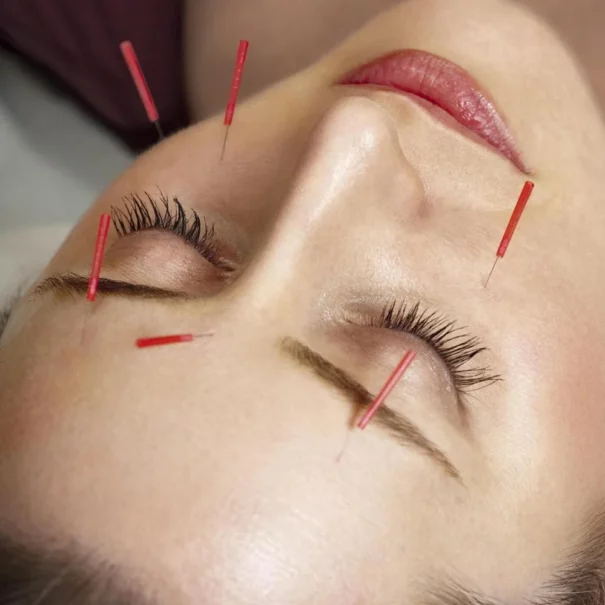
-
Marina Doktorman, M.S., L.Ac., is an experienced acupuncturist who obtained her Masters of Acupuncture from the Tri-State College of Acupuncture in New York City in 2001. During her studies, she focused on Chinese Herbology, a branch of Traditional Chinese Medicine (TCM) that utilizes herbs to complement acupuncture treatments. Marina is licensed in both New York (NY) and New Jersey (NJ) and holds a Diplomate of Acupuncture from the National Certification Commission for Acupuncture and Oriental Medicine (NCCAOM), indicating her expertise in the field.
Why Pulse Acupuncture?

Experience
Marina Doktorman, L.Ac. has over 20 years of clinical experience.

RELAXATION
At Pulse Acupuncture, we aim to cultivate a spa-like environment.

Comfort
All of our needles are of the highest quality for painless insertion.
Patient Reviews in Brooklyn
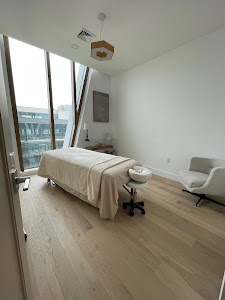

I had the pleasure of working with Marina, Laryssa, and Jaesung, and they have all been absolutely amazing. Thanks to this incredible team, I can now sit, drive, walk, sleep comfortably, and function normally again. I truly don’t think I’d be where I am today without their care and expertise.
Pulse Acupuncture has become my go-to place for anything pain-related. The entire team is warm, compassionate, and professional, with outstanding bedside manners.
I highly recommend Pulse Acupuncture to anyone experiencing pain and looking for effective, non-invasive treatment. Truly life-changing! 😊











Marina is very accommodating, kind, and attentive, and her staff is a pleasure to deal with. I highly recommend Pulse.









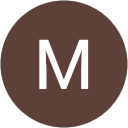
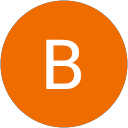
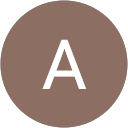


Acupuncture has truly changed my life and has helped me in ways I didn’t even know were possible.
I started doing acupuncture to balance my hormones after 2 years of unsuccessful fertility treatments. When I started seeing Marina, my periods were starting to be regular and I was dealing with a few different symptoms which we started treating right away (constipation, random headaches, body aches)… in the last 3 years I have not been sick (no flu, have never tested positive for COVID) - Marina even treated me for allergies more than a year ago during an allergy episode in changing seasons.
Also want to mention Larissa as I started seeing her in Marina’s beautiful office and she’s also contributed to my wellness journey. Acupuncture is my favorite wellness practice, I see them regularly and have never felt better. I sometimes just tell them whatever I’m thinking/feeling knowing they will stick some needles in different places of my body and I come out floating and feeling so relaxed.




Excellent service- great results- highly recommended ~!

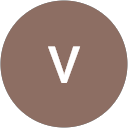



Marina is not only incredibly knowledgeable, but also very calming and has great bedside manners. If you're looking for a fantastic acupuncturist I can't recommend her enough!!


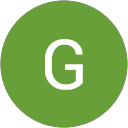





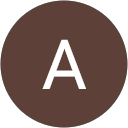



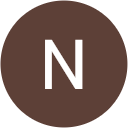
After 10 minutes of the procedure, you get into a different reality. Marina is knowledgeable, answers all the questions. After the procedure, the skin of the face glows, the body becomes lighter by a couple of pounds. I've been looking for such a procedure and state of mind for a long time.


I am beyond grateful to Marina, because after trying so many things, I almost lost hope. highly recommend Pulse Acupuncture and Marina for anyone seeking relief from pain or other health concerns.
The acupuncture sessions themselves are incredibly relaxing and therapeutic. Marina's gentle touch and precise needle placement always leave me feeling calm and rejuvenated. She also incorporates other techniques, such as cupping, which have been very beneficial for my overall health and wellbeing.
In addition to her skill as an acupuncturist, Marina is also a wonderful person to work with. She is warm, friendly, and genuinely cares about her clients' wellbeing. I always leave our sessions feeling refreshed and uplifted, both physically and mentally.
Overall, I highly recommend Pulse Acupuncture and Marina for anyone looking for high-quality acupuncture and personalized care. Thank you, Marina, for your exceptional service and dedication to helping others achieve optimal health!
Acid Reflux Acupuncture - FAQ
What is acupuncture and how can it help with acne?
Acupuncture is a traditional Chinese medicine practice that involves inserting thin needles into specific points on the body. It’s believed to stimulate the body’s natural healing processes and balance the flow of energy (Qi). For acne, acupuncture is thought to reduce inflammation, balance hormones, and improve skin health by enhancing circulation and detoxification.
What can I expect during an acupuncture session for acne?
During an acupuncture session for acne, a practitioner will insert thin needles into specific points on the body that correspond to skin health and hormonal balance. These points may not always be near the acne itself, as acupuncture focuses on treating the whole body. Sessions typically last between 30 to 60 minutes, and the number of sessions needed varies depending on the individual’s condition.
Are there any side effects of using acupuncture to treat acne?
Acupuncture is generally safe when performed by a qualified practitioner. Minor side effects may include bruising or soreness at the needle sites. Rarely, more serious side effects can occur, such as infections or needle injury, but these are uncommon when the treatment is done correctly.
Who should consider acupuncture for acne?
Individuals seeking alternative or complementary treatments for acne, especially those who have not had success with conventional treatments, may consider acupuncture. It is also suitable for people looking to address the condition without the use of medications or chemicals.
Contact us
Acupuncture therapy at Pulse Acupuncture Practice, at Clifton, NJ and Williamsburg, Brooklyn, NYC offers unique combination of various cupuncture types for healing on all levels: emotional, spiritual and physical by integrating ancient wisdom of energy healing with modern acupuncture techniques.
